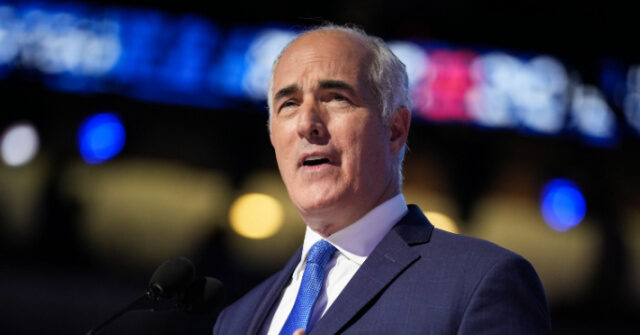
Mozambique’s capital Maputo on Friday suffered a mobile internet blackout after protests against the re-election of the ruling Frelimo party descended into violence.
Protests erupted on Thursday with hundreds of opposition supporters rejecting what they called a ballot “stolen” by a “corrupt” electoral commission in favour of the party which has ruled since 1975.
The commission had on Thursday announced Frelimo candidate Daniel Chapo as the winner of the October 9 election with 71 percent of the vote, sparking a furious reaction from the opposition.
Further sporadic demonstrations sprang up on Friday in the capital, where streets were littered with broken glass, burnt tyres and other debris.
Internet outages across various mobile carriers struck Maputo, although home access was not affected, according to AFP reporters
“We can confirm a near-total disruption to mobile internet connectivity in Mozambique” starting around noon local time (1000 GMT) that was “likely to limit coverage of events on the ground”, internet outage monitor Netblocks told AFP.
Chapo, a 47-year-old former provincial governor with no experience in national government, was little known before his surprise nomination as Frelimo’s candidate. He will take over from President Filipe Nyusi in January.
– Opposition contests result –
Opposition leader Venancio Mondlane — who has declared himself the winner, claimed irregularities and urged demonstrations — officially won just over 20 percent.
“We absolutely reject these results,” said Mondlane, during a Facebook live broadcast Thursday evening.
“They do not reflect the will of the people,” he added, calling the political situation in the southern African country “rotten, doctored and fake”.
Rioters on Thursday set fire to tyres to block avenues in Maputo and destroyed Frelimo’s election billboards.
Some threw stones at riot police, who fired tear gas to disperse them, an AFP reporter saw.
European Union election observers on Friday condemned “the violent dispersal of demonstrators and the political violence”, urging “all parties to refrain from violence”.
They warned in a statement that Thursday’s announcement of the results “has not dispelled” concerns over the vote count and urged “maximum transparency” from electoral authorities.
– ‘Leeches’ –
In the northern city of Nampula, one person died in clashes between law enforcement and protesters, police said, as protests struck several other cities overnight.
“This country must be led by Venancio,” one protester in Maputo, who declined to give his name, told AFP.
“We did not vote for these leeches, we did not vote for this man,” he said, referring to the triumphant Chapo. “We are tired of all this.”
An EU poll observer mission earlier this month noted “net favouritism” in favour of Frelimo.
EU officials have noted “irregularities during counting and unjustified alteration of election results at polling station and district level”.
They also stressed that the numbers did not “add up” across about a third of recounts.
More than 17 million out of a population of 33 million were called to vote on October 9.
That figure was surprising as the median age of Mozambicans is 17 and the legal voting age is 18, experts said.
A total of 104 percent of the adult population of voting age was registered on electoral rolls, the EU mission said.
Chapo, 47, will be the first president not to have fought in the 16-year civil war between Frelimo and Renamo that ended in 1992 after claiming around a million lives.
While Renamo has traditionally been the main opposition group, the emergence of Mondlane and the Podemos party was a novel development in this election.






